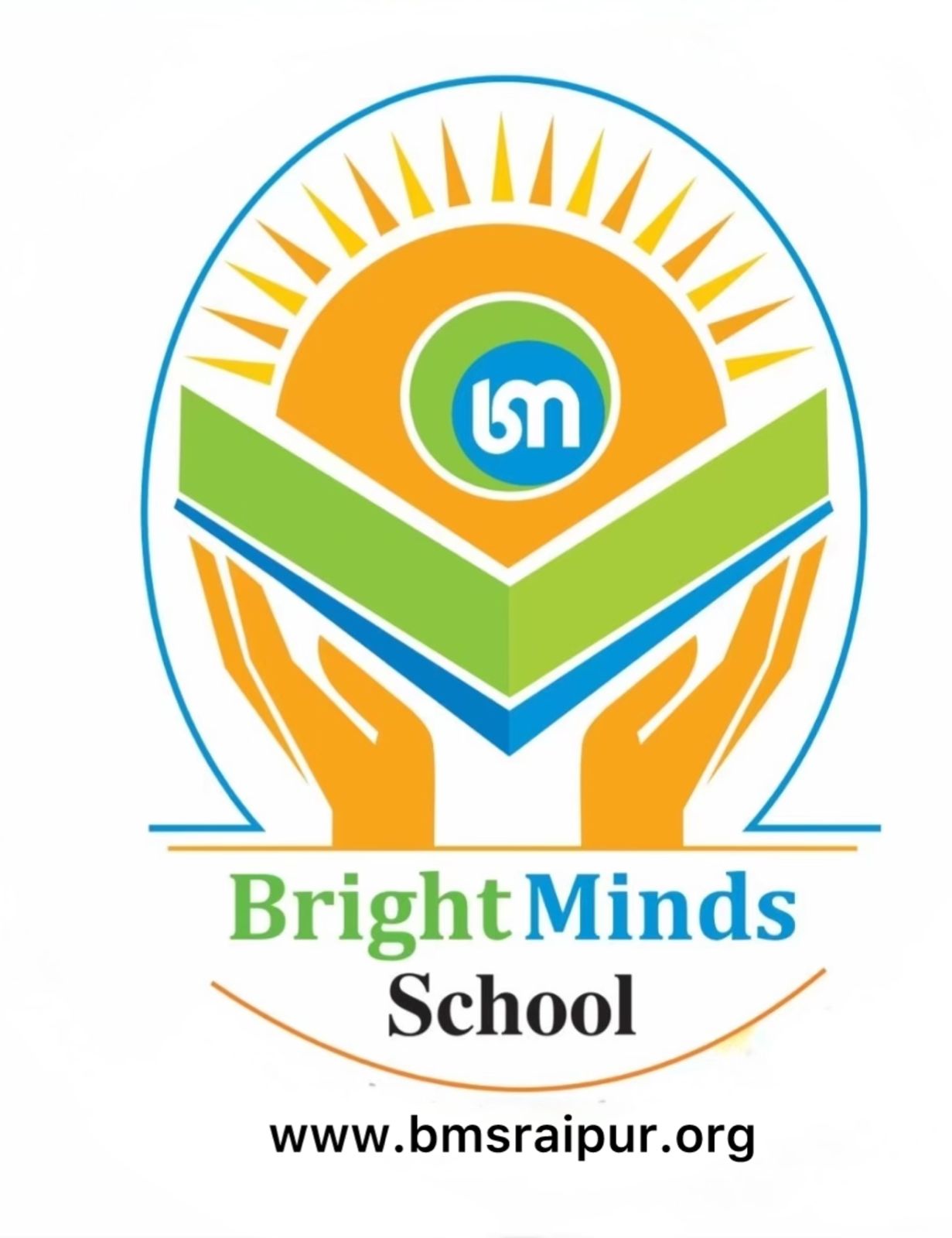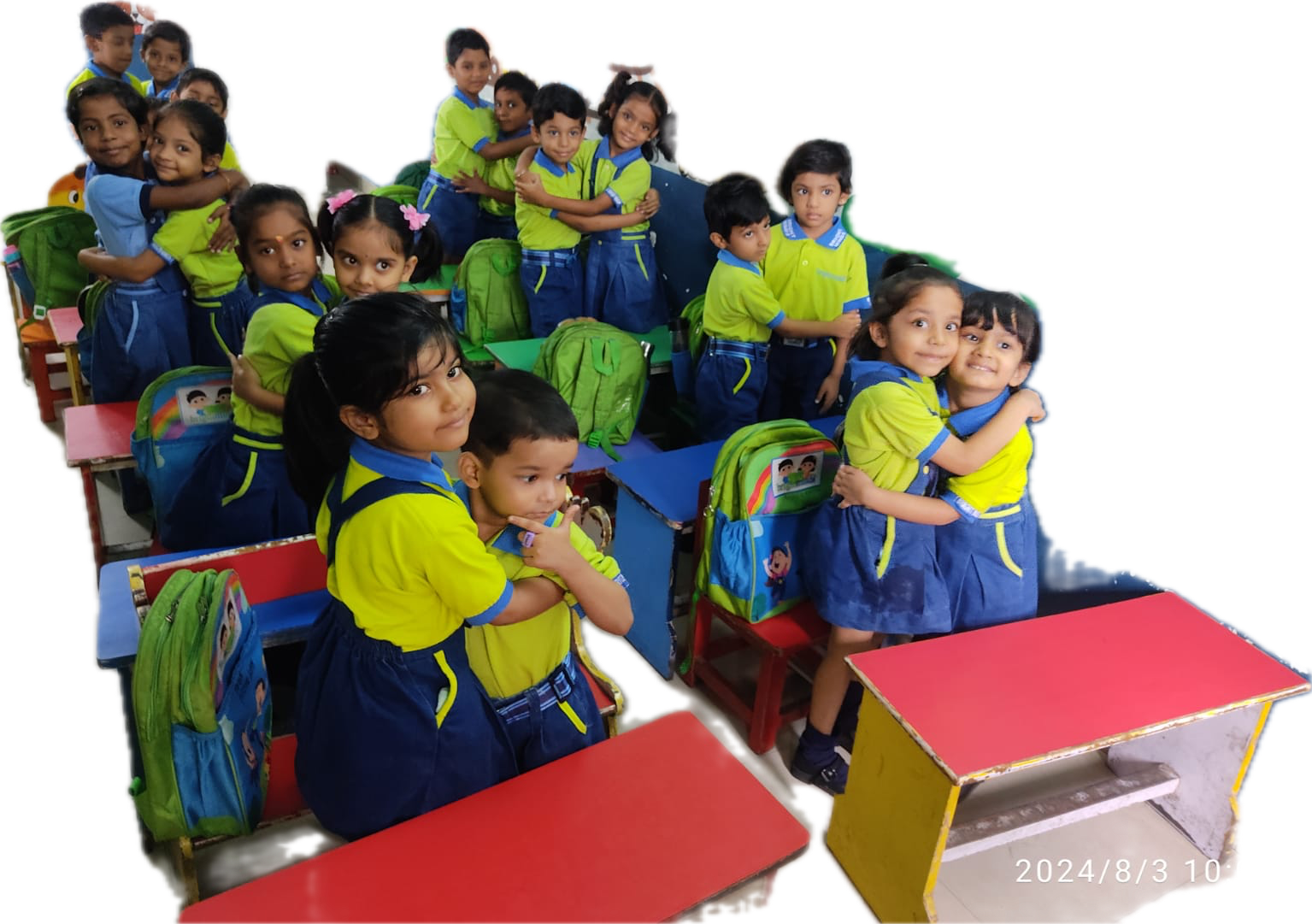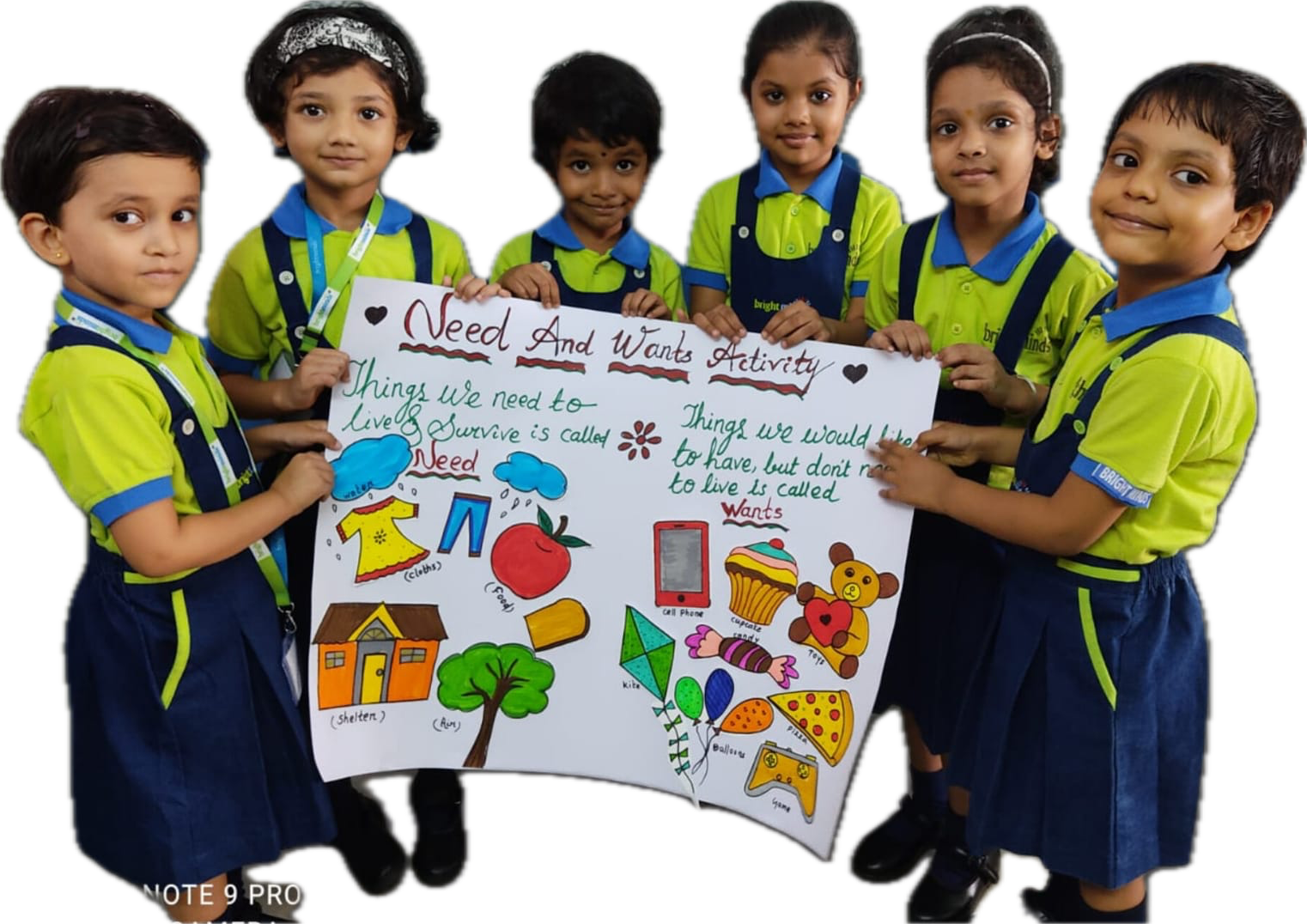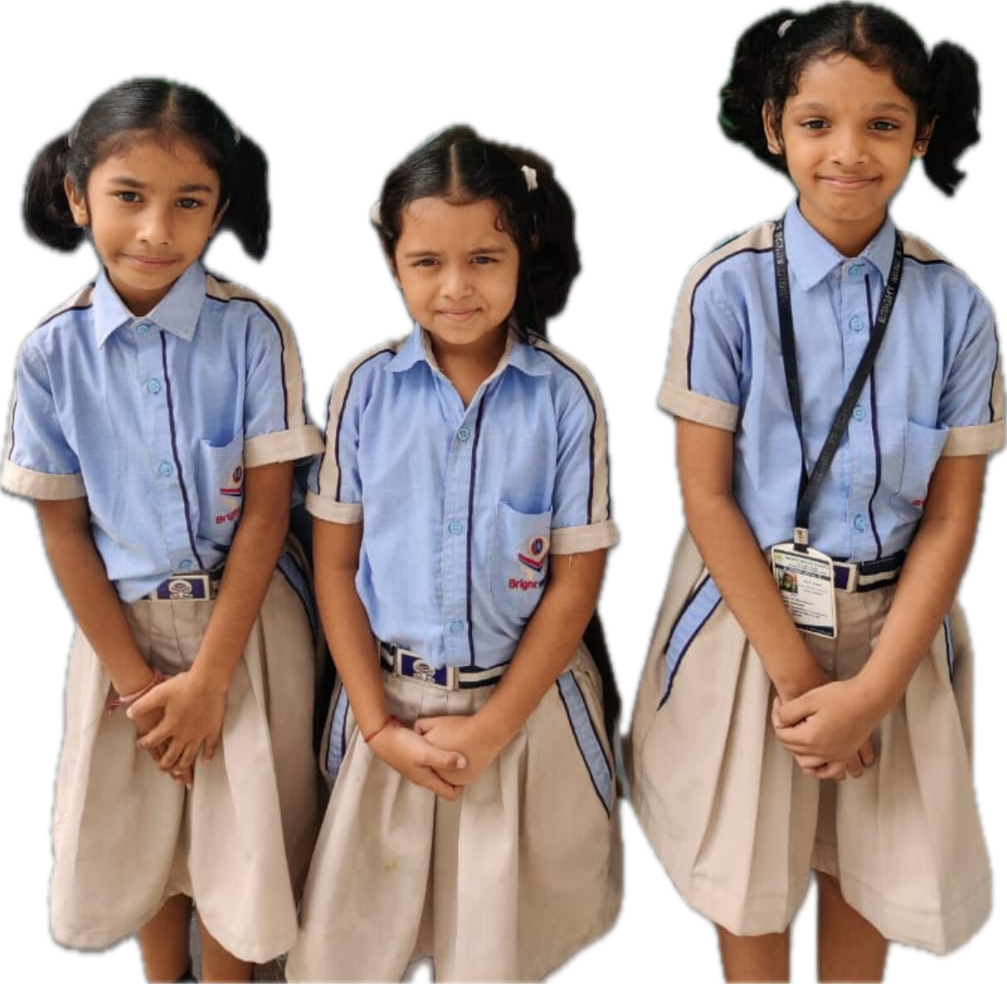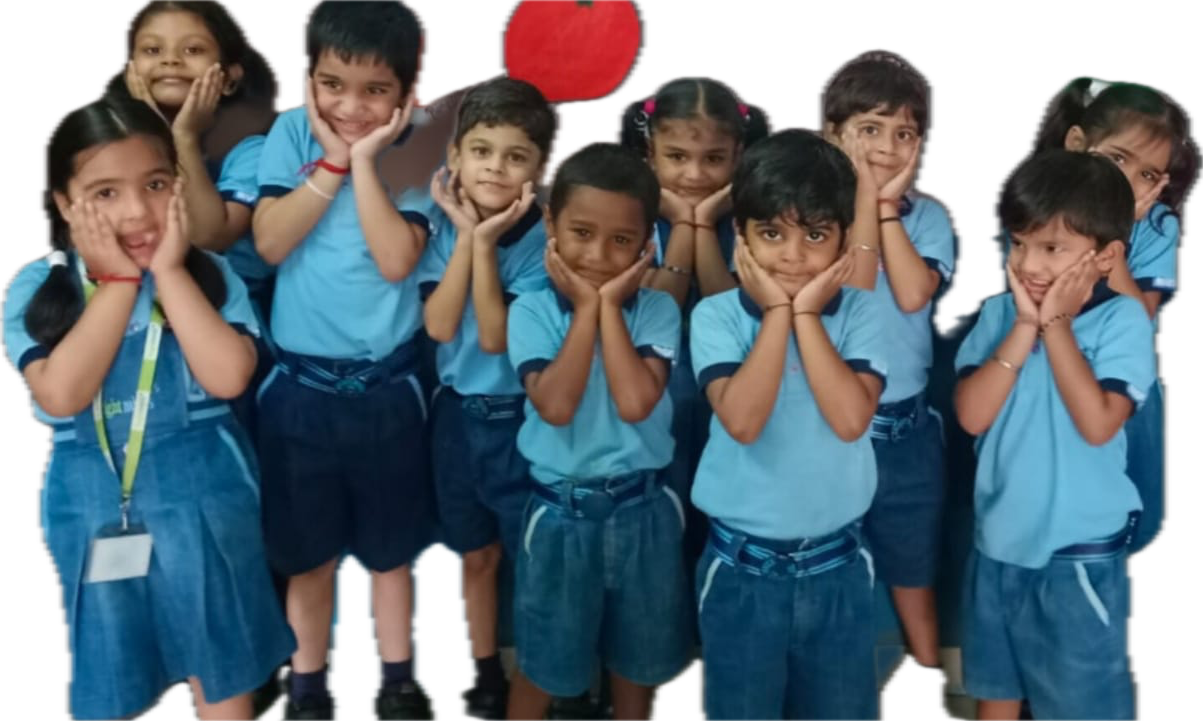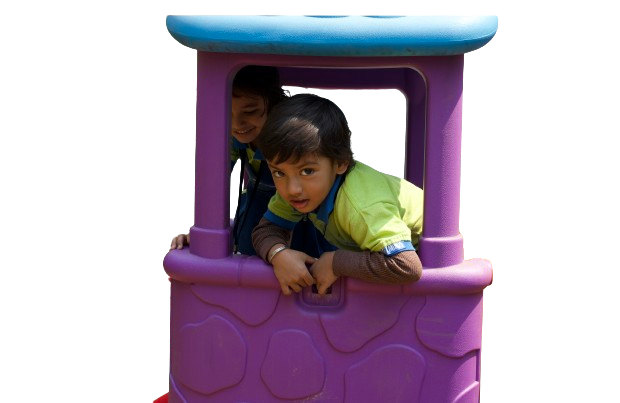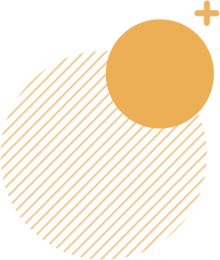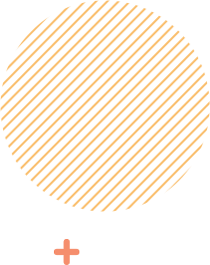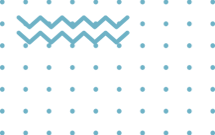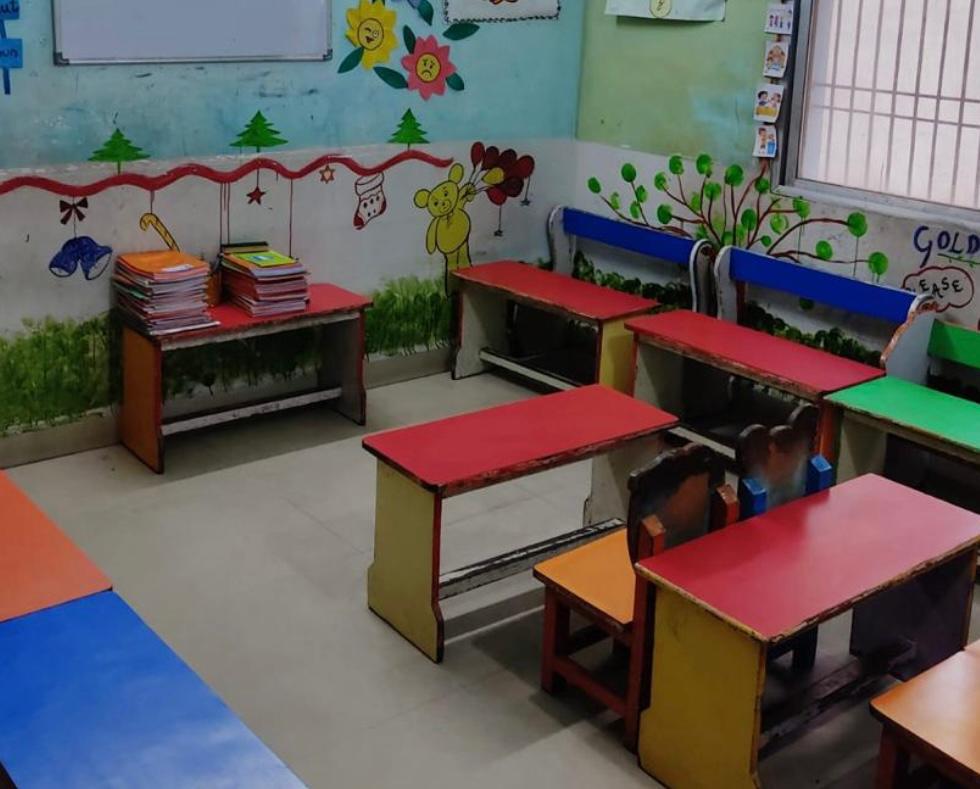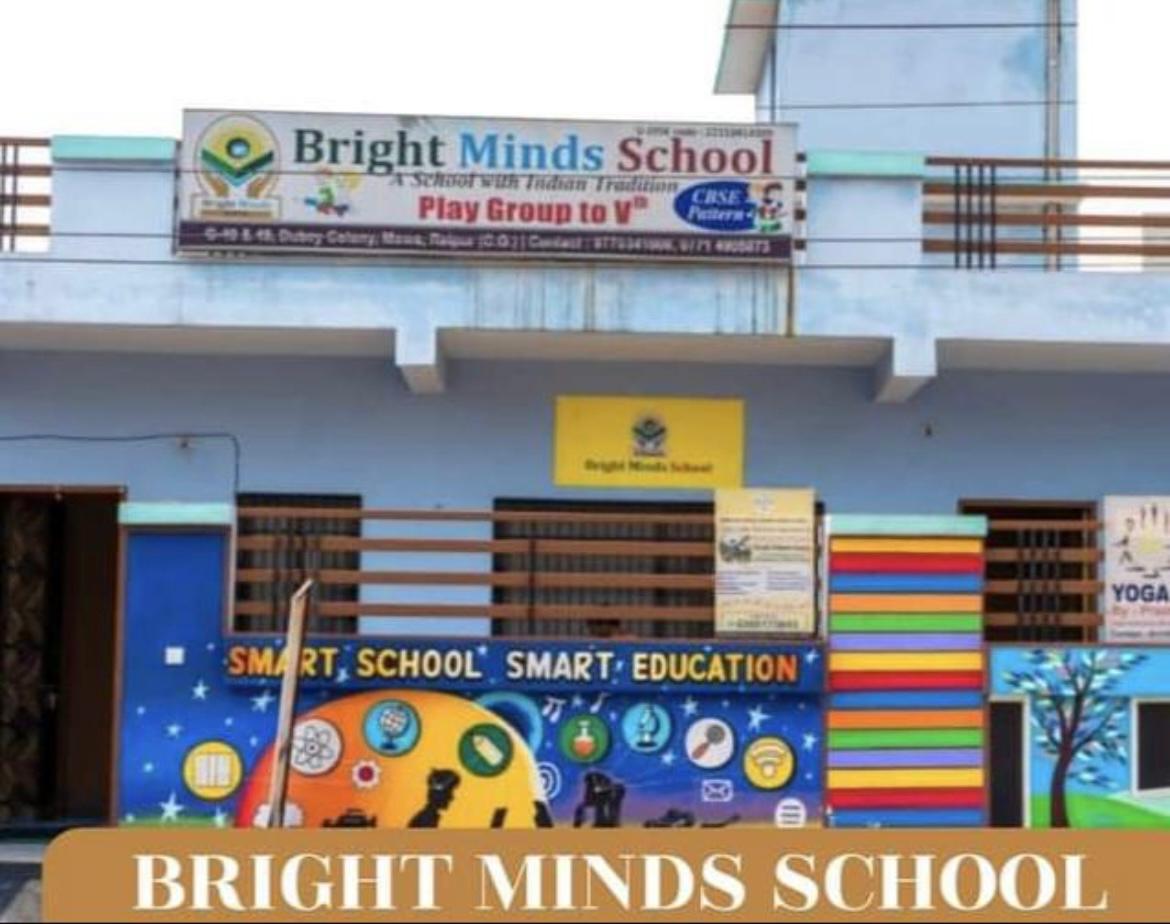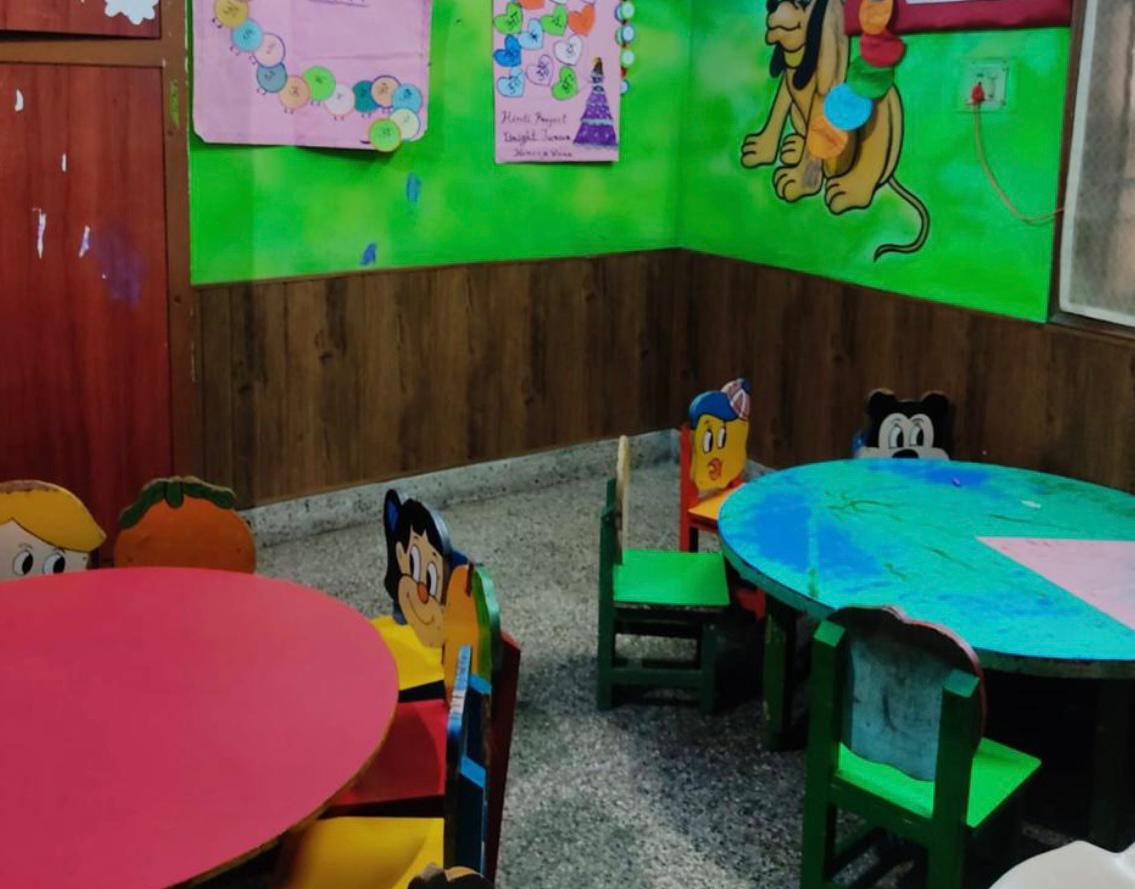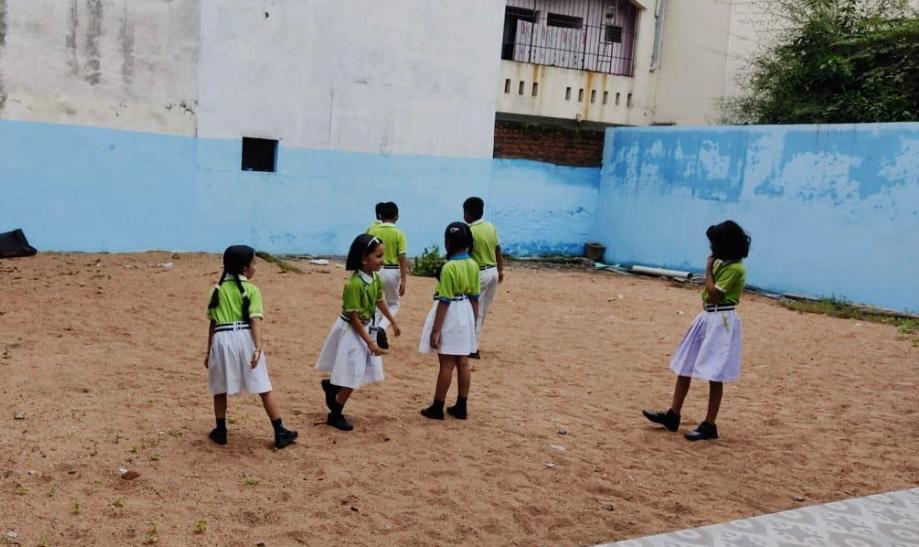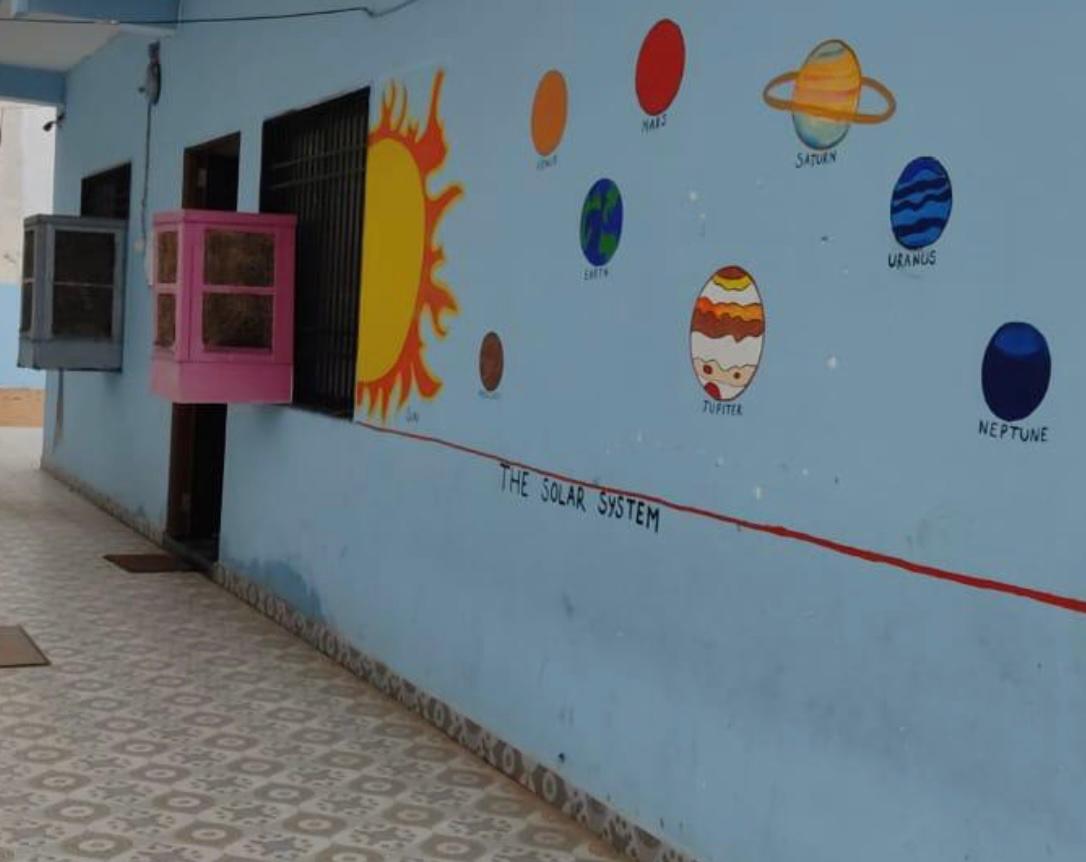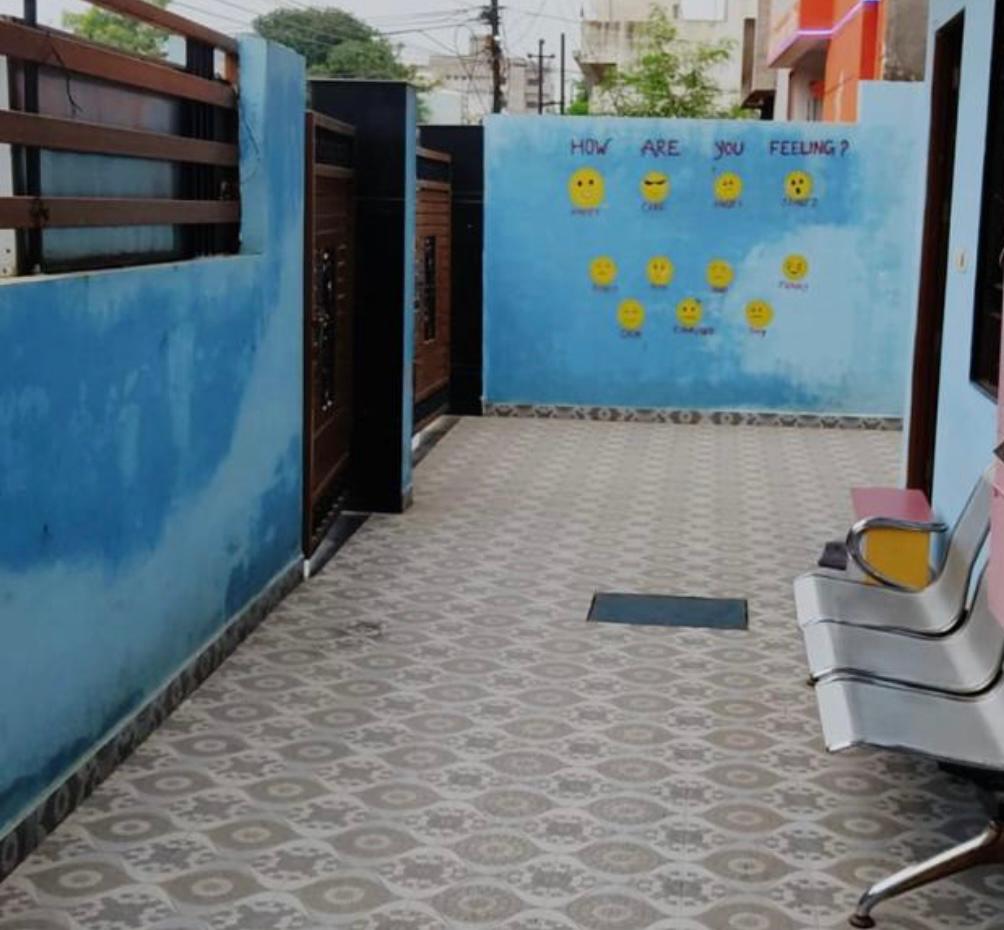CURRICULUM
The curriculum is planned sequence of instruction, or
an agreement
among communities, educational professionals, and the State on what learners should take on
during
specific periods of their lives. Futhermore, the curriculum defines "why, what, when, where,
how,
and with whom to learn." Curriculum is split into several categories, the explicit, the implicit
(including the hidden), the excluded and the extra-curricular. The curriculum derives from a
Latin word "Currere" that means an approach to education based on post-modern philosophy and
psychoanalytical technique.
In the tradional concepts "curriculum is a body of
subjects or subject
matter prepared by the teachers for the students to learn."
It was synonymous to the "course of study" and "syllabus".
The curriculum encompasses the entire scope of
formative deed and
experience
occurring in and out of school, and not only experiences occurring in school; experiences
that are unplanned and undirected, and experiences intentionally directed for the purposeful
formation of adult members of society. A typical curriculum includes communications,
numeracy, information technology, and social skills units, with specific, specialized
teaching of each.
Pre-primary education's curriculum:
Preschool is an important stage which lays the
formation
for life-long learning and all-round development of the child. It is also the starting
point of formal education. What the child needs at this stage is a curriculum that is play
based and caters to the all round development. This will enable the child to be better prepared
to
meet not only the immediate challenges of the primary education but also life-long
learning.
The first three to six years play a key role in a
child's life as they
begin to absorb the world around them and develop.
These experiences that children have early in their lives affect their Physical, Cognitive,
Emotional and Social development.
Children develop the healthiest when they are provided environments in which they can explore
the world around them, play with others,
and learn to speak and listen to others. To ensure the future success of a child, it is
important to provide a
strong start by providing experience which are
based on sound theoretical foundations and are developmentally appropriate.
Hence the preschool curriculum should include three
major goals to be
achieved i.e.
key Concepts, pedagogical process and learning outcome.
Bright Minds developed a Curriculum that is kept
focused on children's
learning abilities and potential, through informal learning which is integrated, open, flexible
and appropriate to cater children's developmental needs and interests.
Children's abilities are developed through play activities that are inspiring and fun.
Bright Minds designed appropriate learning activities
in different
learning areas to develop children's basic skills that foster the development of positive values
and attitudes.
We cultivate in children good habits, self-care ability and a healthy life-style.
The cognitive development of children begins in
infancy. They construct
knowledge of
the world through physical activity and sensory experience. The sensory-perceptual ability of
children, as well as the
use of language and symbols, marks the beginning of the preliminary stage of children's
learning. These abilities enable
children to construct
knowledge and develop their intelligence through real-life situations and experiences.
